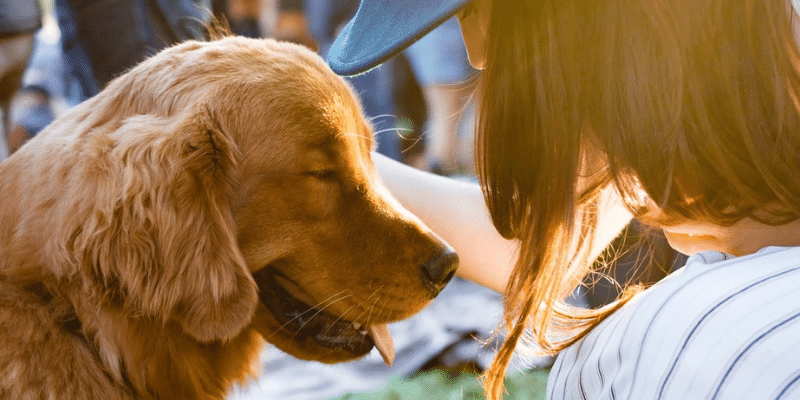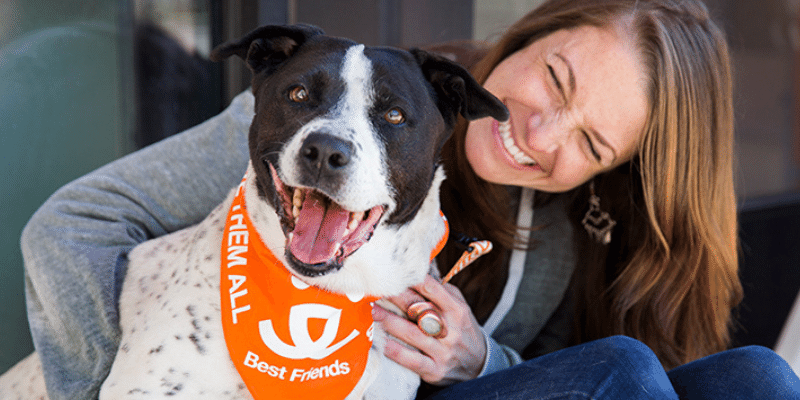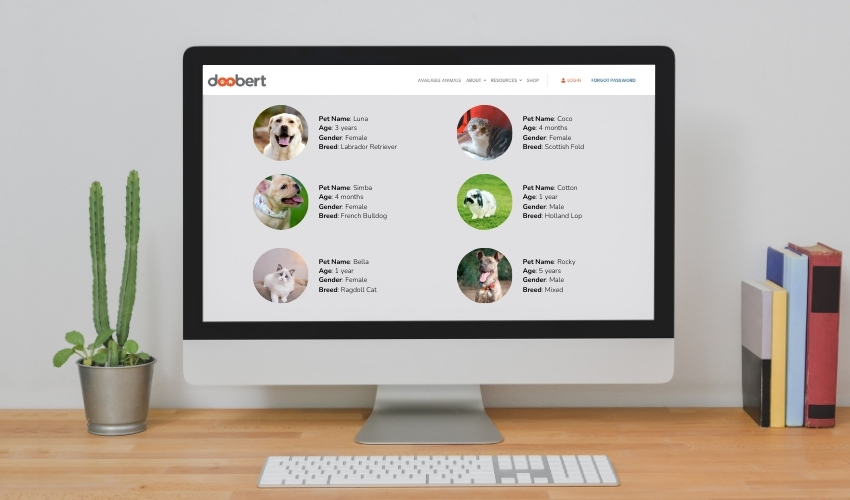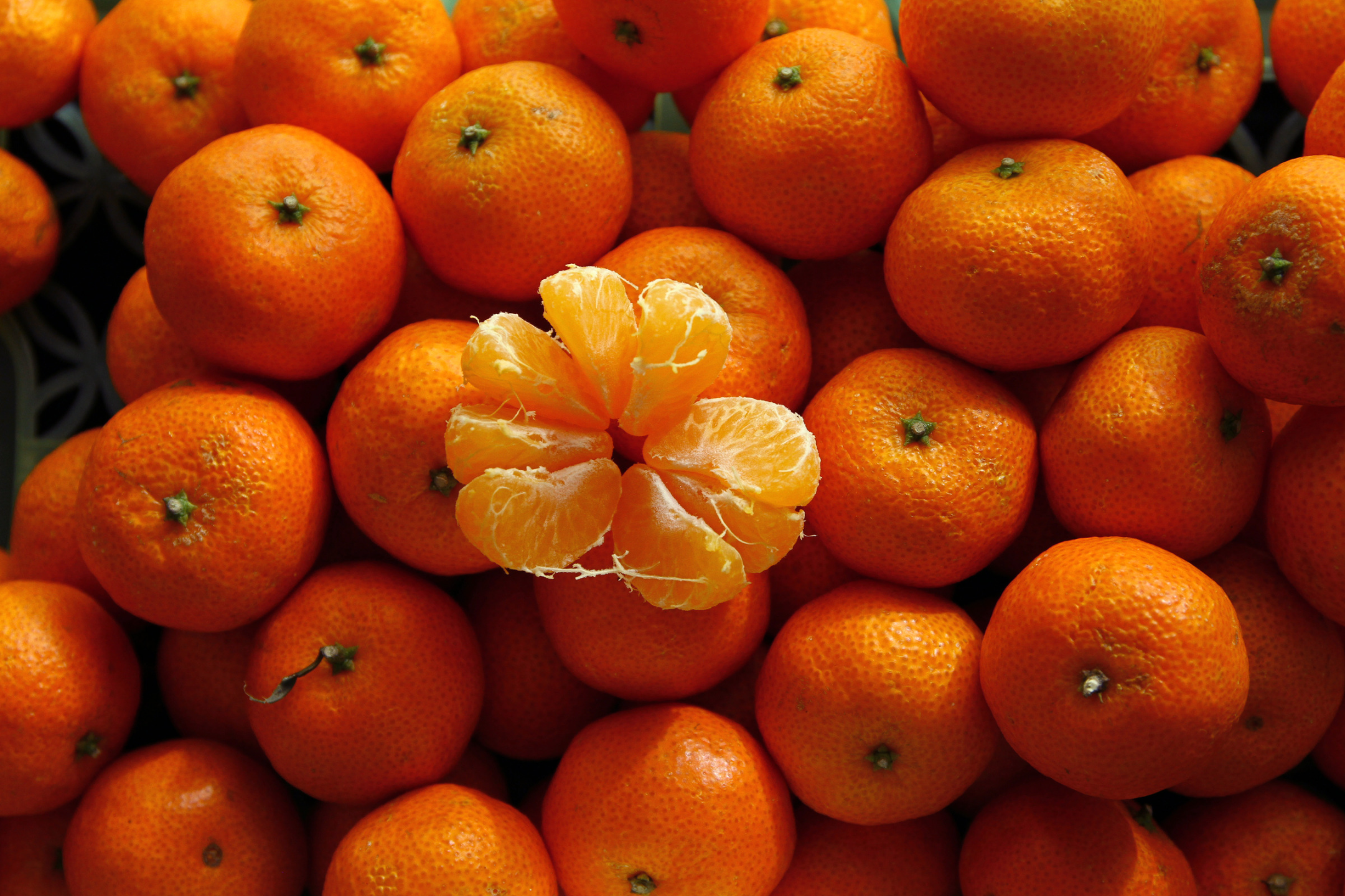Are you looking for environmentally friendly pet food choices that are great for your four-legged best friends?
You may be able to shop for excellent finds at Petaluma!
Humans have come a long way toward recognizing the importance of sustainable pet foods. Yet, many pet owners still feed their Fidos the same dog food.
Because of this, Garrett Wymore, established Petaluma in 2019 as a sustainable pet nutrition firm that challenges the norm.
Garrett shared,
“We’ve gone through basically two years of R&D, developing a line of plant-based dog nutrition. Our goal is really to create a more sustainable and compassionate alternative to traditional dog food.”
A Bit of Background About Petaluma
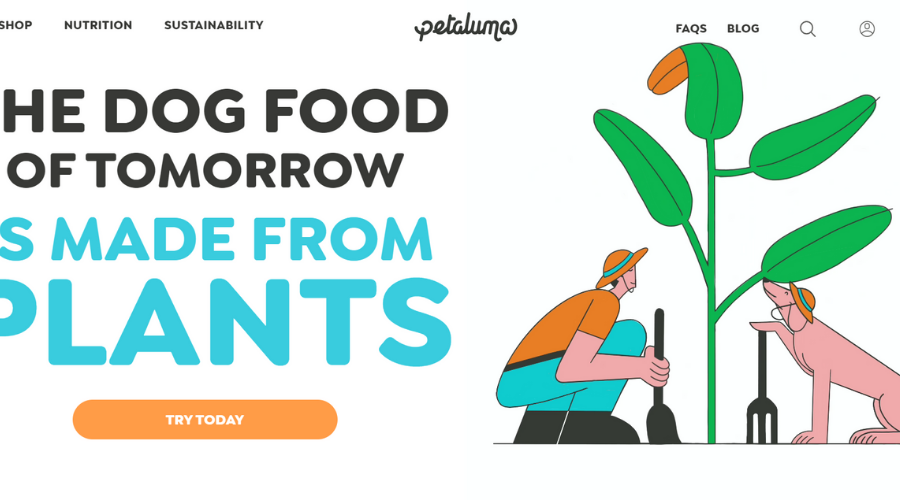
As a public benefit corporation, Petaluma formulates food designed for your animals and the planet.
To this end, the Oakland, California-based organization uses a science-backed approach to complete nutrition that’s guided by evidence, not fads.
“The way that we’re innovating in this space is using a variety of plant and meat alternative proteins to create a nutritionally complete profile that meets all dogs’ nutrient requirements. But, it doesn’t involve the use of animal agriculture. That has had a massive impact on the environmental burden of animal agriculture and the way other animals are treated in the supply chain.”
When asked what inspired the formation of Petaluma, Garrett said that it all started when he was still working on dog-related health projects.
He was surprised to hear about how the management was actually effectively selling plant-based diets to veterinarians and prescribing them to dogs.
He continued,
“I had no idea that that was something that was feasible… Understanding that the nutritional requirements of dogs were much more similar to an omnivorous human than a wolf was really interesting to me. And I realized that there needed to be a paradigm shift about the way that we feed our dogs.”
Consequently, Petaluma makes sure to buy its supplies only from certified organic farms and to avoid monoculture crops like corn or soy.
Petaluma to Help Your Dogs Meet Their Nutritional Requirements
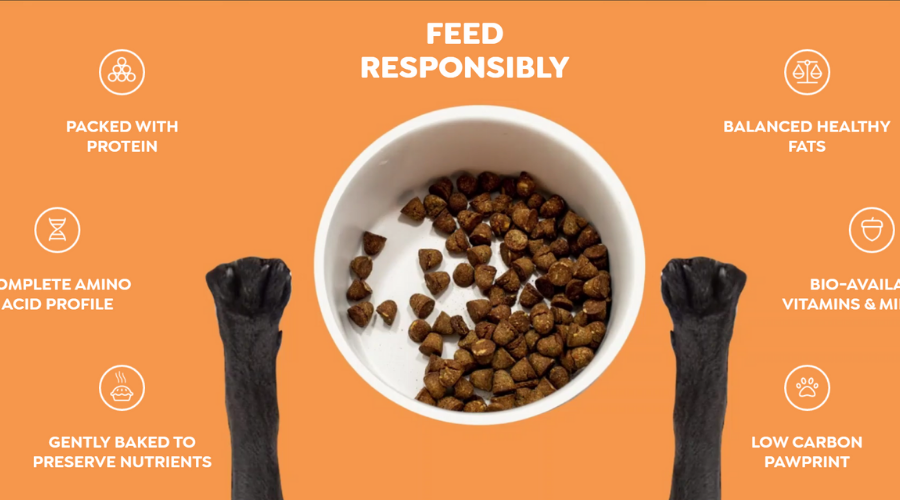

Garrett’s background wasn’t in pet nutrition. However, he had the opportunity to work with colleagues who developed a pet activity tracker.
According to Garrett, the project allowed him to use real-world data. This furthered his understanding of how humans can better improve the quality of their pet care.
Apart from that, he was a parent to 35-pound dogs that consume approximately 900 calories in a day. This taught him about choosing ingredients that would make a ton of real, meaningful impact on the way we can use our land and the plants we can grow.
This was also the point when he believed that the narrative around pet food needed to change.
Garrett wanted to be one of the first innovators who could take advantage of the opportunity to make a difference.
“There’s just a major evolutionary difference in how dogs have come to be… I think that there are nutritional trade-offs that come with using just whatever’s left over. And so, we wanted to really make a higher-quality product that fits the way that we care about our own dogs… I think that was important for us,”
he said.
What makes Petaluma even more impressive is that, at the time of this writing, the company also offers a 30% discount on your first bag when you decide to buy from its official website.
So, if you want to have a positive impact on the planet while you care for your fur baby, simply use the promo code “ANIMAL”. You can already take advantage of their offer.
Note, however, that the promo is only good until November 2021.
Learn more about Petaluma!
Visit their website at https://www.feedpetaluma.com/.



